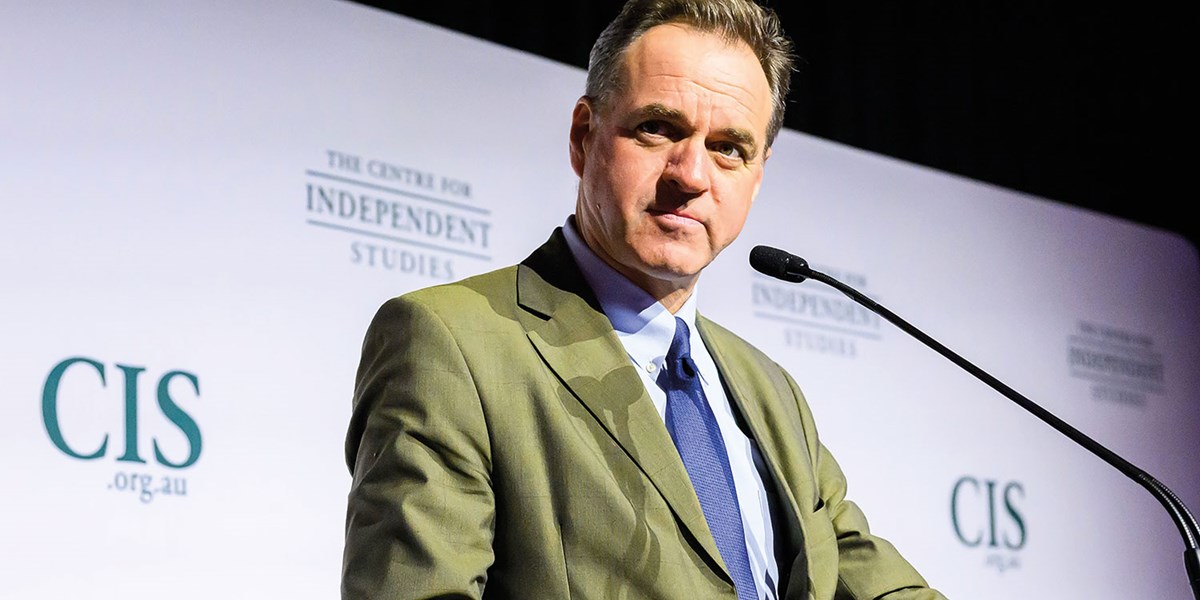Thursday, January 30, 2025
My World: Niall Ferguson
Simon Broughton chats immigration, inhibitions and the power of music with one of Britain’s foremost authorities on empire


Register now to continue reading

Thanks for visiting the Songlines website, your guide to an extraordinary world of music and culture. Sign up for a free account now to enjoy:
- Free access to 2 subscriber-only articles and album reviews every month
- Unlimited access to our news and awards pages
- Our regular email newsletters

